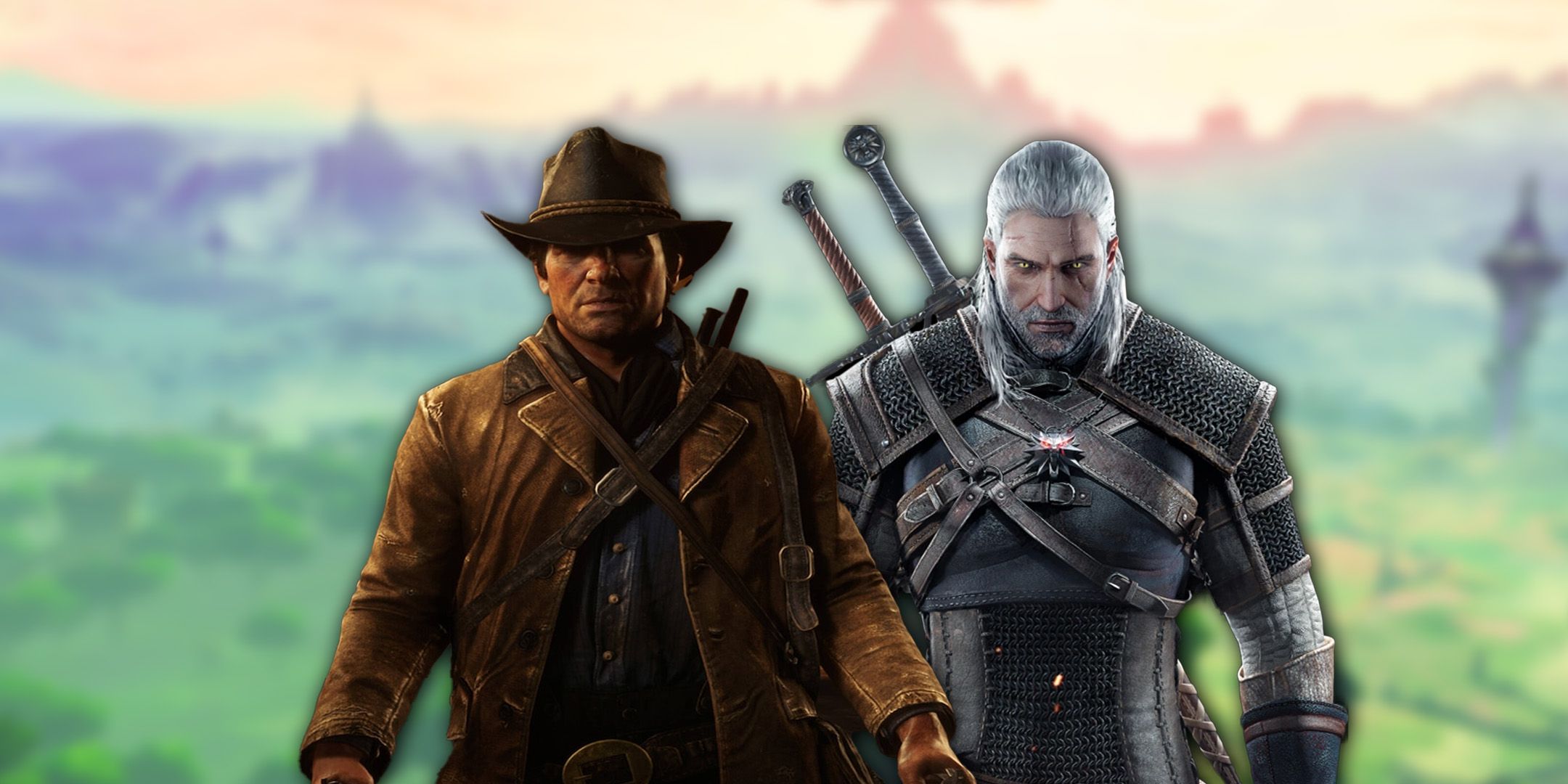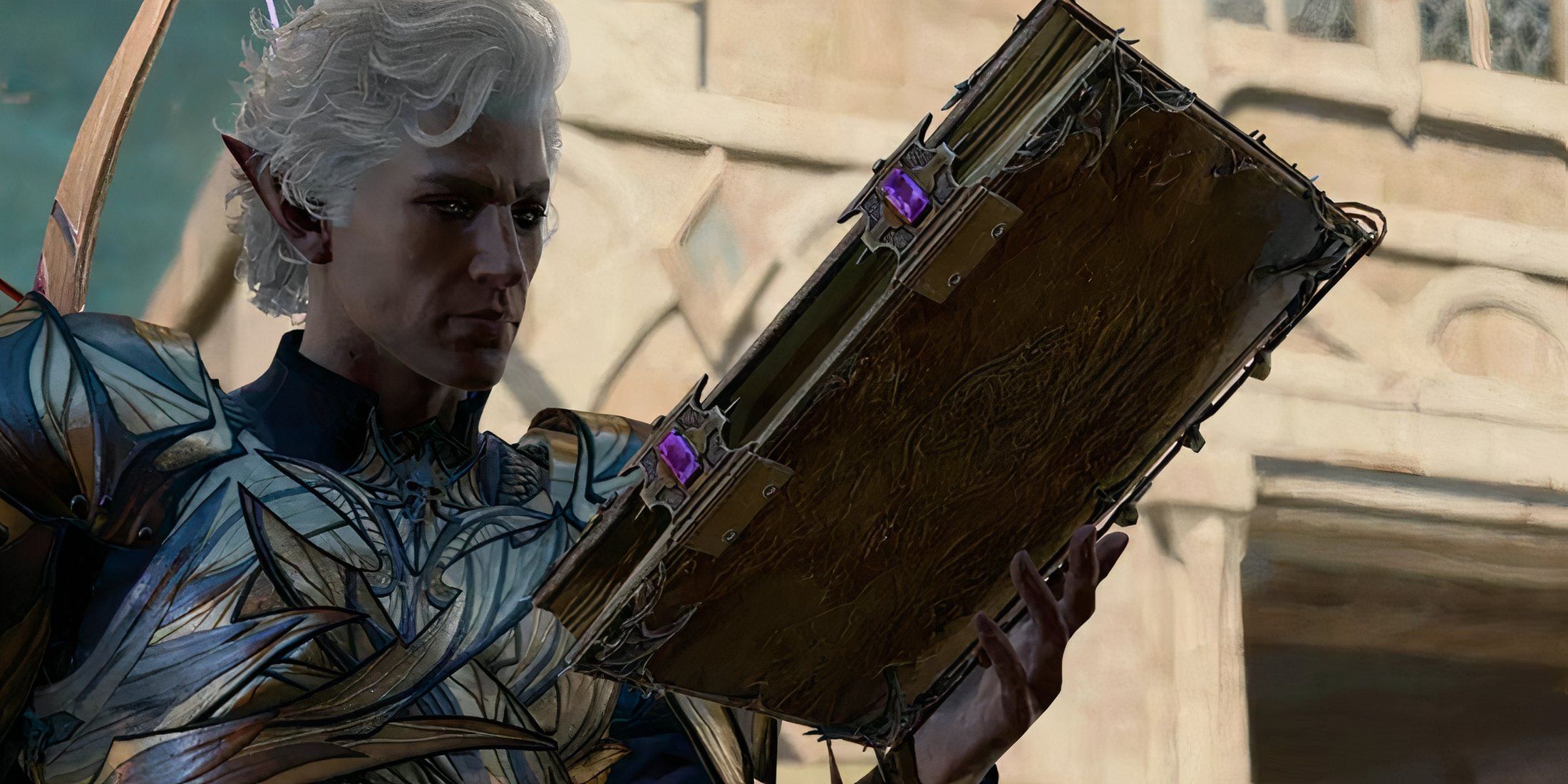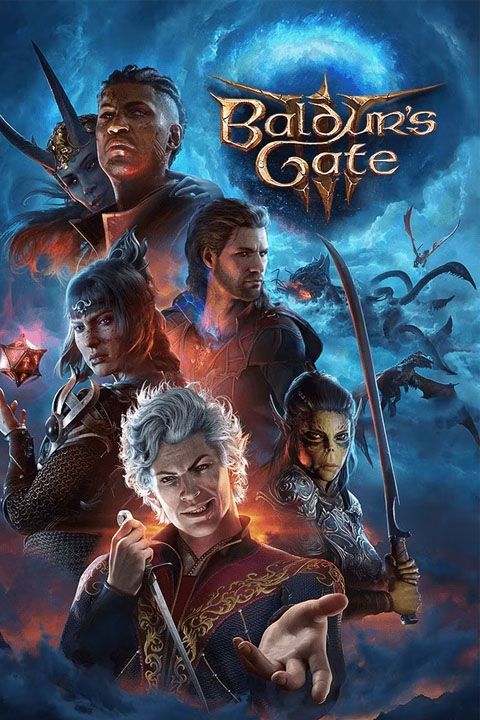Highlights
- Baldur's Gate 3 missed the mark by not embracing the open-world format despite its potential in the RPG genre.
- An open-world BG4 could learn from successful RPGs by offering more exploration, quests, and player freedom.
- The rise of visually stunning open-world games highlights the need for BG4 to consider a more expansive and immersive gaming experience.
With the sheer number of video games in existence, there is a niche for everyone. In particular, the open-world format has appeared with consistent success and incredible popularity, allowing for greater storytelling as a whole. And yet Baldur’s Gate 3, in all its splendor, didn't reach for that star.
Despite being based on Dungeons and Dragons, a game that thrives with open storytelling, Baldur’s Gate 3 did not snatch up the industry behemoth that is the open map itself. The franchise’s expected fourth installment should capitalize on the success of some of the best RPGs to date and go fully open world.

Best Open-World Games, Ranked
Open-world games give players a ton of freedom to work with. These titles have stood out the most over the years.
Baldur’s Gate Could Learn from Other Open Worlds
One of the best parts of Dungeons and Dragons is that, at the dungeon master’s discretion, adventurers can go anywhere and interact with anything. The best DMs make their world feel huge and alive so players are encouraged to explore. This is also true of open-world video games.
While Baldur’s Gate 3 is non-linear like open-world games, allowing players to explore each region in their own time, each region is connected to a specific, arguably small batch of quests, and players lose access to early regions later in the game. Some players may even find that each region is rather small compared to famous RPGs with huge and immersive maps. An open world BG4 could make use of numerous features that have proven vastly beneficial to other games.
Modern Open-World Games are Visually Pleasing
To start, open-world games are simply pleasing to look at, especially with the state of today’s industry. With impressive graphics, players can get lost in a game for hours at a time, truly feeling like a part of the world. Red Dead Redemption 2 and Horizon Zero Dawn are only two examples of games that are remarkably realistic and visually breathtaking, encouraging further exploration. While Baldur's Gate 3 earned much deserved praise for its environmental design and animation, an open world would provide BG4 the opportunity to show off even further.
Open Worlds Encourage Player Freedom
Open worlds facilitate exploration and overall freedom, especially when a region presents varying challenge levels, encouraging players to come back. Small regions are limited to one or two tiny quests and hardly any loot, each defined well by its level, such as the Sunlit Wetlands or Myconid Colony.
The best and longest BG3 side quests are flashy parts of the story that are hard to miss and deeply enjoyable, while some small ones might feel like an afterthought. BG3 players discover the latter when they go out of their way, leaving desire for a game that rewards players for exploration. Those playing the game for a second time can easily skip more content since it might not seem worth it. Going fully open world would allow for a greater volume of events for an even better sense of adventure. The bigger the map, the more quests or loot can be found in the nooks non-completionists wouldn’t find.
World-building is the Gem of Open Maps in Video Games
Perhaps most importantly, an open-world game simply has more natural, fleshed-out world-building. The best open-world RPGs tell players more, even in the little things. Baldur’s Gate 3 is filled to the brim with wonderful details, but sometimes they don't feel seamlessly integrated into the story. Some of the most impressive or enjoyable sections seem to toss in extra Forgotten Realms lore without considering how players might relate to it as they progress in the story.
Games like The Witcher 3: Wild Hunt and Fallout excel at this, even incorporating reactive storytelling in their world-building, forcing players to put a tangible emotional investment into the quests, characters, and overall progression. Especially in Dungeons and Dragons, exploration is fully incentivized with story in addition to loot and experience.
Despite its success, Baldur’s Gate 3 still has things to improve upon. The rise of the open world in the video game industry should be proof enough that it's an option worth considering, but BG3 was beloved in part for the care it placed in its creation. If Baldur’s Gate 4 is going to be anything like its predecessor, it will heed the features its players love most and combine that with what is most fitting for a game based on D&D.



